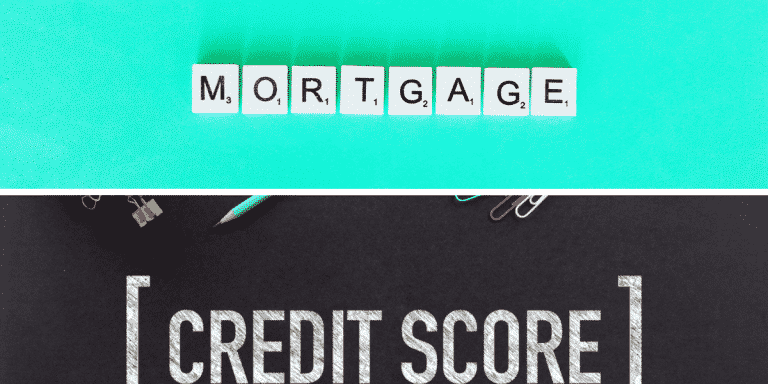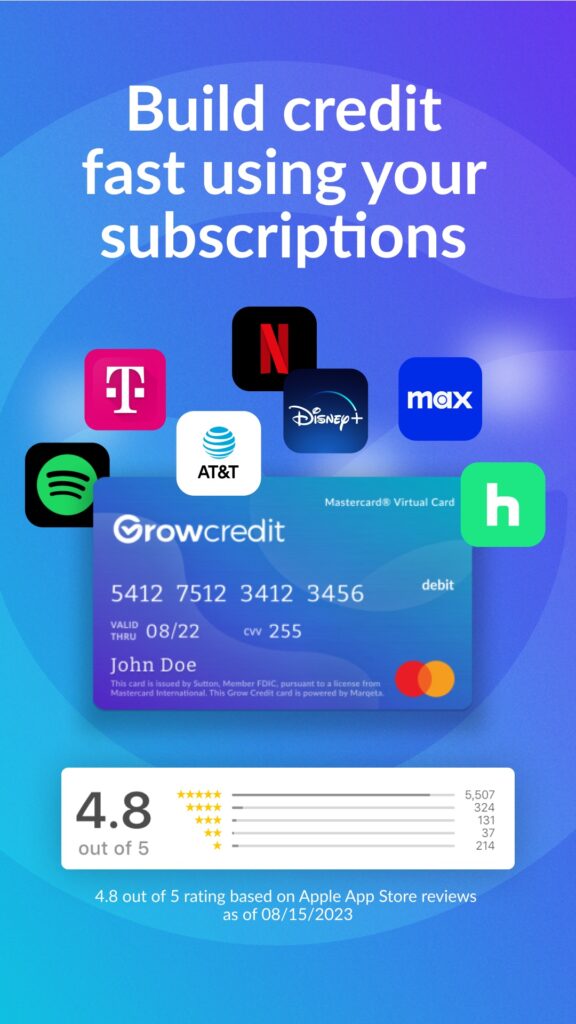How To Qualify For a Mortgage and Buy a Home With a Low Credit Score
Homeownership is a dream for many, and it shows in the data. As of 2020, 65.8 percent of homes in the US are occupied by the owner. Even in a country where housing price growth has outpaced inflation since 2010, people are still lining up to purchase homes. Get to know how to prepare a credit score for a mortgage.
Sometimes, though, it may not feel like home ownership is a possibility for everyone. Millennials are particularly pessimistic about their ability to ever be able to afford a home, and they’re concerned that they might not be able to budget for their first home. Not only that, but many people who would otherwise be able to afford a mortgage can’t seem to qualify for one. After the 2008 financial crisis, banks made lending requirements much more strict to prevent a housing catastrophe from ever happening again.
The Federal Housing Finance Agency (FHFA) has developed stress tests to assess the likelihood of a mortgage going into default due to macroeconomic factors that influence interest rates. Banks no longer want to hold mortgages that could go into default in case interest rates go up. What’s more striking is that many banks are requiring much higher down payments on homes. As a result, many people can’t qualify for a mortgage, even if it’s their first mortgage.
If you don’t qualify for a mortgage, there’s still a way that you can buy a home. The secret is owner financing.
What is Owner Financing?
Owner financing (otherwise known as seller financing) is a scenario in which the seller of a home decides to provide financing to the buyer directly, rather than the buyer securing their financing through a bank or a mortgage lender.
The way this works is that the buyer signs a promissory note to make payments as specified by the seller. They can set the interest rate (with some restrictions) and the terms of the agreement. Typical owner financing agreements last five to ten years, after which time one final lump sum payment (also known as a balloon payment) is due.
This may sound a bit strange in a world where mortgages are typically the way to go. However, there are plenty of reasons why a seller may want to offer to finance to the buyer directly.
Reason #1: Sellers Want to Sell More Quickly
Selling a home takes time, even once you have a buyer, and many aspects of the process are not in the seller’s control. A buyer needs to secure their financing, which can take some time. The closing process can involve many headaches as well. By financing the home themselves, they can skip a lot of this headache and simply provide the buyer with credit themselves.
They may be selling a home that needs a lot of work done to it, and by providing financing to the buyer, they can prevent themselves from having to take on an expensive and lengthy renovation project which they may not be able to afford.
Reason #2: Seller Can Set Their Terms In Case of Default
When someone defaults on their mortgage, the home is then put into foreclosure. Foreclosure is a legal process that allows a lender, in some cases, to repossess the home and put it up for auction to cover the costs of the debt in default. However, a seller might not be interested in doing this in case the owner defaults and may instead want to just take the home back, keeping the down payment and any payments made.
Reason #3: Seller Can Sell The Debt Themselves
Seller financing involves a fair bit of risk on the part of the seller, but they don’t necessarily need to be the one to take on the risk if they don’t want to. At any time, they can sell the promissory note signed by the buyer to some investor looking for cash flow.
What Are The Pros and Cons of Owner Financing?
Pro #1: You Don’t Need To Qualify For A Mortgage
Qualifying for a mortgage can be tough, particularly if your credit is less than stellar. By getting financing from the seller of the home, you won’t need to go through all that hassle. If your credit isn’t good enough to qualify for a mortgage, it’s okay: some sellers will gladly work with you regardless.
Pro #2: Closing is Cheaper and Faster
As stated before, sellers who opt for owner financing generally want to take advantage of a quicker sale. As a buyer, you can save on closing costs and save a considerable amount of time, with a lot less of the headaches involved in closing on a property.
Pro #3: No Minimum Down Payments
The seller will decide what down payment they’re willing to accept. Some sellers will want a larger down payment, but others may be willing to let go of their home for less money down.
Con #1: Higher Interest Rates
Sellers are taking on a greater level of risk by providing financing to the buyer, and because of this higher risk, they want to see greater returns. As a result, they will typically set a higher interest rate than you would see from a mortgage lender. Your interest rate, your amortization schedule, and your lump-sum payment due will all be in the promissory note that you sign.
Con #2: All decisions are at the seller’s discretion
Just because a seller is willing to finance a buyer doesn’t mean they’re willing to do it for you. If you have bad credit, your chances of being able to secure an owner financing deal are lower, because many sellers may not want to take that risk.
Con #3: A balloon payment is typically due at the end of the term
Terms are generally kept short, usually between 5 and 10 years. At the end of the term, the last payment is due and it’s a large lump sum payment for the remainder of the loan. If you are unable to secure the financing necessary to pay for this lump sum, you could potentially lose your house AND all the money you’ve paid.
How Do I Find Seller-Financed Homes?
Sellers willing to provide financing are rare and finding them takes a bit of upfront work. If you’re in the US, there are many places you can find seller-financed homes. The simplest way is to get on your local classifieds site such as Craigslist and send a message to sellers asking if they’d be willing to provide owner financing. Another way is to visit a local MLS site and search for homes that are listed as for sale by the owner. Then, check each listing’s comments section to see if they’re willing to provide owner financing.
You can also drive around areas and look for homes that have signs that say “For Sale By Owner”. This doesn’t mean they’re willing to provide financing, but they’re more likely to be willing to do this kind of deal.
Real estate agents are a goldmine of information, too. Call up real estate agents in your area and ask if they know any sellers willing to provide owner financing. Some agents might not have anyone in mind, but others will. You should also tell them to let you know if they come across sellers looking to provide financing.
All in all, you will have to put in more work to find homeowners willing to sell their homes to you AND provide financing as well. But, if you can’t qualify for a mortgage today and you want to get into the real estate market, this may be a good option for you.
If you decide that you’d rather get a mortgage instead, check out our guide on how to prepare your credit score for a mortgage!
Frequently Asked Questions
Who holds the deed in owner financing?
The seller holds the deed until the buyer finishes paying off the loan. The buyer receives equitable title to the property, but full ownership doesn’t transfer until payment is complete.
Who pays property taxes in owner financing?
Responsibilities for property tax and insurance payments should be outlined in the owner-financing agreement. The buyer will pay these to the seller in monthly installments, and the seller will pay the annual totals directly to the respective agencies. This is different from a typical mortgage, in which a buyer pays into escrow each month and the lender pays the appropriate agencies.



